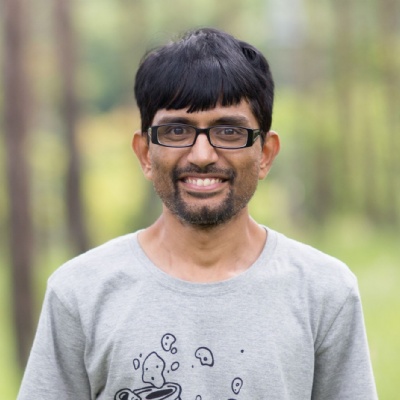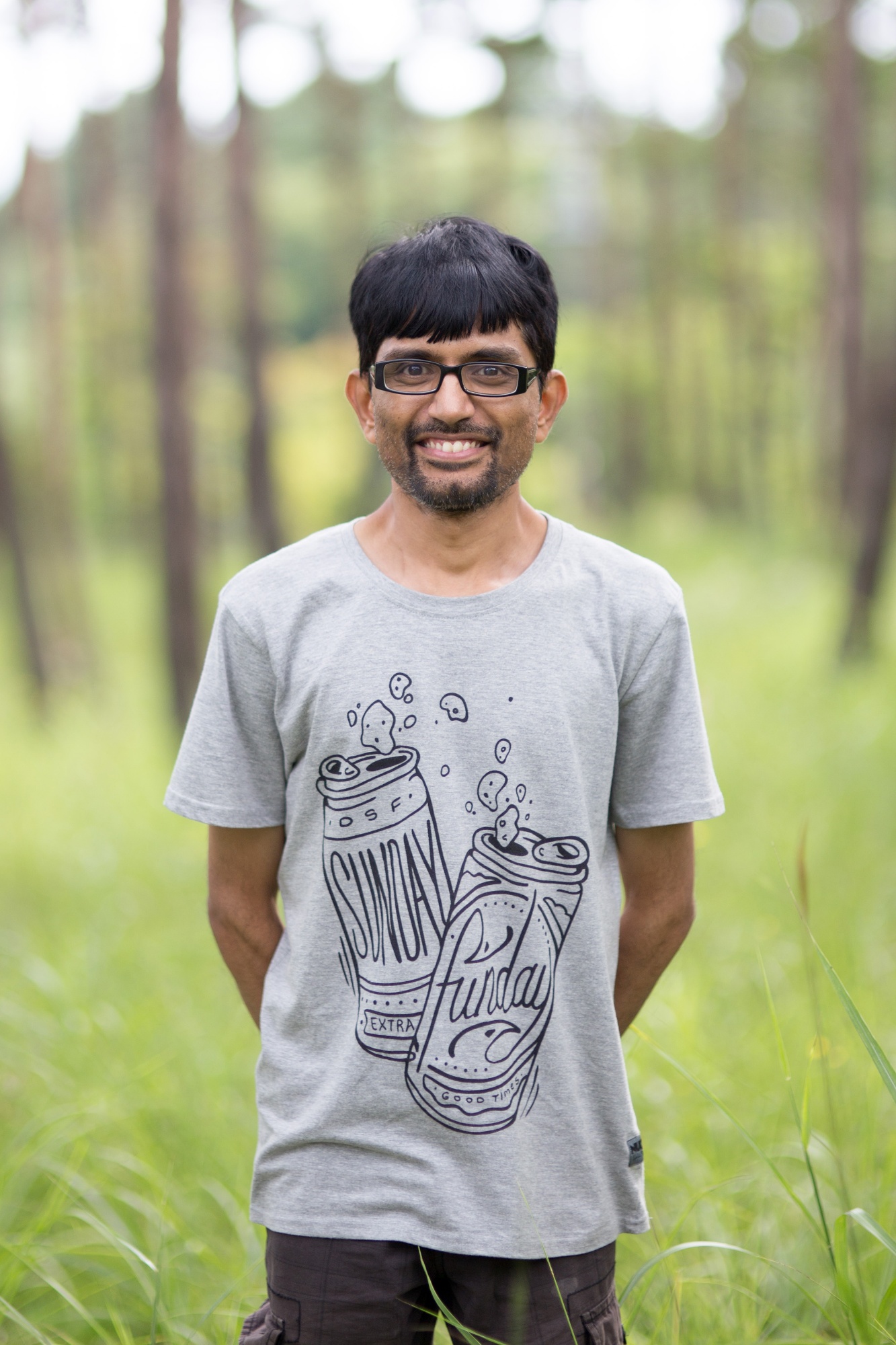“Deschooling in a school”: the case of Self-Directed Education at UWC ISAK Japan

Vineeth Parameswaran, Department Chair in Humanities and Social Sciences, Faculty Member in Economics, UWC ISAK Japan
“My grandmother wanted me to have an education, so she kept me out of school”- Margaret Mead.
 Growing dissatisfaction for imposed schooling has resulted in alternatives to schooling, or “deschooling”. Conventional schools undermine the natural ways of learning of students resulting in stress, anxiety and preparing for tests rather than deeper understanding. According to Dr. Peter Gray, “Education is not equal to schooling. Education is the sum of everything a person learns that enables that person to live a satisfying and meaningful life. As each person’s concept of a satisfying and meaningful life is unique, each person’s education is unique. Society benefits from such diversity”.
Growing dissatisfaction for imposed schooling has resulted in alternatives to schooling, or “deschooling”. Conventional schools undermine the natural ways of learning of students resulting in stress, anxiety and preparing for tests rather than deeper understanding. According to Dr. Peter Gray, “Education is not equal to schooling. Education is the sum of everything a person learns that enables that person to live a satisfying and meaningful life. As each person’s concept of a satisfying and meaningful life is unique, each person’s education is unique. Society benefits from such diversity”.
However, conventional schools are forced upon the students and based on systems of rewards and punishment enhancing conformity than uniqueness. Is there a way out? Alternative schools like Sudbury Valley School in the US and Summerhill School in the UK try to solve this problem through their unique method mainly based on self-directed education. “Self-Directed Education is education that derives from the self-chosen activities and life experiences of the person becoming educated, whether or not those activities were chosen deliberately for the purpose of education.” (Dr. Peter Gray). Most of self-directed education comes from everyday life as people pursue their own interests and learn along the way. There are four educative natural drives for self-directed education: curiosity, playfulness, sociability, and planfulness. Self-directed education works efficiently if young people are provided with the conditions that optimize their natural abilities to educate themselves. The three basic tenets of UWC education (as per the UWC Strategy: 2018 and beyond) are trusting students, granting autonomy and inspiring responsibility. This deschooling experiment is an attempt to explore how UWC education can promote natural drives of learning and provide the necessary conditions for self-directed education.
I teach IB Economics at UWC ISAK Japan and use self-directed learning as a platform to engage with my students. If the students are interested to know about inflation, inequality, market structures, trade protectionism or development issues of the world, they embark on a journey filled with fun, learning from each other through creative pursuits and planning the course at their own pace and achieving the learning outcome.
There are six optimizing conditions for successful implementation of self-directed education. The first one is regarding the awareness of social expectation that education is children’s responsibility. Students are biologically designed to educate themselves. I give them complete freedom in either selecting or rejecting to join IB Economics course. I tell them that this course is not suitable for students who choose it due to parental or adult expectations. If they are really interested, they can achieve their educational goals. In this way, “educational consent” is emphasized.
The second condition emphasizes the importance of unlimited time to play, explore and pursue one’s interests. There are no lecture classes, no required textbooks, no assignments or homework. Students can decide the pace of their lessons based on their preferences and time. They can sleep, talk to each other, leave the classroom without permission or browse the internet. My educational approach is based on “Hunter-Gatherer Culture" where children are free to play and explore from dawn to dusk in age-mixed groups and learn from one another. This self-disciplined practice ensures that students get enough time to study Economics either in the classroom and outside of it.
The third condition ensures that students have the opportunity to play with the tools of the culture. They choose the best learning strategy for themselves. Some of them use video lectures, graphic novels, cartoons, discussions, MOOCs, reading economic journals and articles to achieve their learning outcomes. Students can use social media in the class which is one of the most natural tools to learn the subject. Sociability of the students and collaboration is ensured through this process.
The fourth condition ensures access to a variety of caring adults, who are helpers and not judges. My role as an educator is to facilitate learning. I am not the first source of their learning. This freedom allows them to go beyond textbooks and syllabus to approach caring adults on the campus or outside of it to learn the topics. It is normal for them to approach other teachers or experts in the field to achieve their learning outcomes. Self-assessment and peer assessments are promoted than teacher assessment. Assessment is one area, where self-directed education condition cannot be applied in a school context because of strict IB assessment practices. Still, self-assessment gives the students freedom and ability to control their learning to some extent. However, the role of adults as judges is still a problem to be tackled.
The fifth condition allows for free age-mixing among children. My students learn from their peers, and actually, they have many informal study groups with their seniors. Since UWC ISAK is a fully residential campus, free age mixing for learning happens mainly beyond the classroom. My attempt to create mixed grades of 11 and 12 IB economics class was not successful due to scheduling problems in my school.
The final condition ensures that students immerse in a stable, supportive, respectful community. The entire process of learning Economics is based on the socio-cratic/democratic principle of consent in the classroom. UWC ISAK supports students as changemakers. So, students have Economics/Business projects in other activities like CAS projects and clubs. On the other hand, there are many student autonomy issues in the campus creating challenges for the self-directed journey of students like curfew times and wifi issues.
Is this experiment successful? Through the self-directed process, I ensure that the educational drives of curiosity, playfulness, sociability, and planfulness are established. Apart from promoting natural drives, I have some students who finish all the requirements of the two-year IB course even within a year. Students are not stressed out, because they have their self-directed paths and there is no mandatory adult supervision of their learning. UWC principles of trusting students, granting autonomy and inspiring responsibility are helping students to achieve their educational outcomes. But, traditional classroom teaching with homework, compulsory attendance, and assignments in other subjects sometimes crowd out the self-directed learning efforts of students. At the same time, IB syllabus is a significant hurdle in promoting self-directed education, and the attempt of UWC curriculum development is a right step forward.
Reference: Gray, Peter. Free to Learn. Basic Books, 2014.
